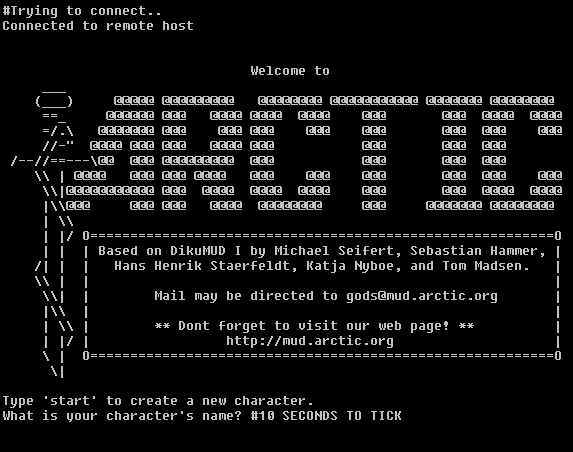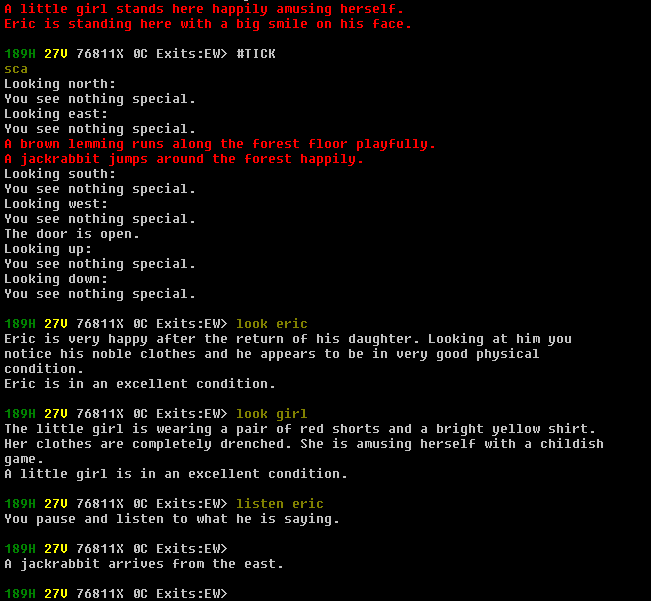Interview from 1996 World Conference on Literacy, organized by the International Literacy Institute, Philadelphia, USA.
I watched this interview of Paulo Freire, and I thought what he had to share is so important that I took the time to transcribe the interview, which you can read below.
A conversation with Paulo Freire
"If you ask me Paulo, what is in being in the world, that calls your own attention to you? I would say to you that I am a curious being, I have been a curious being, but in a certain moment of the process of being curious, in order to understand the others, I discover that I have to create in myself a certain virtue, without which it is difficult for me to understand the others; the virtue of tolerence.
It is through the exercise of tolerance that I discover the rich possibility of doing things and learning different things with different people. Being tolerant is not a question of being naive. On the contrary, it is a duty to be tolerant, an ethical duty, an historical duty, a political duty but it does not demand that I lose my personality.
On a critical way of thinking
Even so it is for me, it should be a great honor to be understood as a specialist in literacy. I have to say, no because my main preoccupation since I started working 45 years ago had to do with the critical understanding of education. Of course, thinking of education in general, I also had to think about literacy which is a fundamental chapter of education as a whole.
Nevertheless, I also had strong experiences in this chapter of adult literacy, for example, in Brasil and outside of Brasil. The more I think about what I did and what I proposed the more I understand myself as a thinker and a kind of epistimologist proposing a critical way of thinking and a critical way of knowing to the teachers in order for them to work differently with the students.
On language and power
Who says that this accent or this way of thinking is the cultivated one? If there is one which is cultivated is because there is another which is not. Do you see, it’s impossible to think of language without thinking of ideology and power? I defended the duty of the teachers to teach the cultivated pattern and I defended the rights of the kids or of the adults to learn the dominant pattern. But, it is necessary in being a democratic and tolerant teacher, it is necessary to explain, to make clear to the kids or the adults that their way of speaking is as beautiful as our way of speaking. Second, that they have the right to speak like this. Third, nevertheless, they need to learn the so-called dominant syntax for different reasons. That is, the more the oppressed, the poor people, grasp the dominant syntax, the more they can articulate their voices and their speech in the struggle against injustice.
In the last moments of my life
I am now almost 75 years old, sometimes when I am speaking like right now, I am listening to Paulo Freire 40 years ago. Maybe you could ask me, but Paulo, look then you think you did not change? No, I change a lot, I change everyday but in changing, I did not change, nevertheless some of the central nucleus of my thought. The understanding of my own presence in the reality. How for example, could I change the knowledge or the experience which makes me know that I am curious? No, I was a curious boy, and I am a curious old man. That is, my curiousity never stops. Maybe in the last moments of my life, I will be curious to know what it means to die.
My philosophical conviction is that we did not come to keep the world as it is. We came into the world in order to remake the world. We have to change it." Paulo Freire (1921 – 1997)
Of course, Paulo’s arguments on language and power can be adapted to not just apply to the indigenous people to whom he was referring, but to any group without power. Teach your students that words have power, and that you respect their words, whatever their source, but to learn the "dominant" culture’s words is to empower yourself, and to give yourself a voice.

